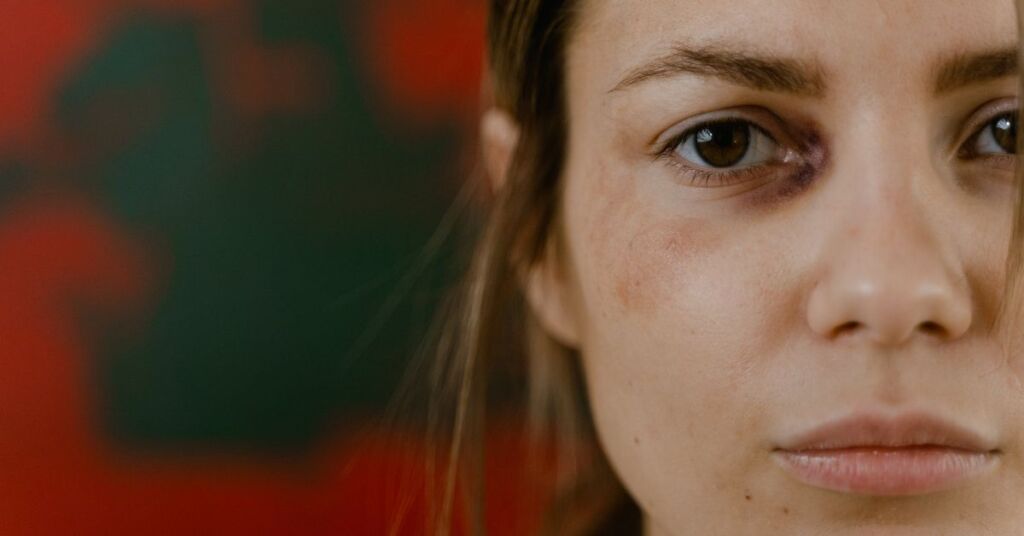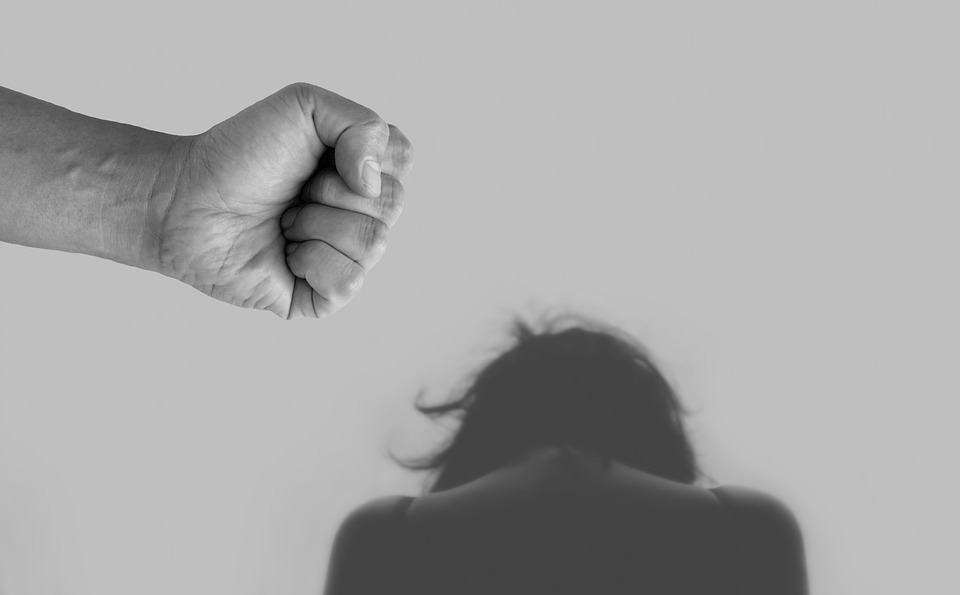Guest Post: Is It Just A Joke? – How Certain Behaviour Encourages A Culture Of Violence In Malta

Most of us have experienced violence in some shape or form.
It is experienced amongst men, women, non-binary persons, and children, and crosses socio-economic, racial, and ethnic lines.
One can even say that forms of violence are as old as life itself, such as hunting for food to ensure survival. Yet whilst experiences of violence are universal, it affects certain groups disproportionately.
From women being murdered by their husbands, to trans people losing their lives at the hands of bigots for simply being their authentic selves.
Violence is used as a means of control in patriarchal societies, driven by the relationship between control and fear.
For example, this is seen through domestic partnerships, where a partner abuses the other, be it physically or emotionally, in order to assert dominance. Sometimes it escalates to hurting a child to control the other parent.
The pyramid of discrimination and violence shows the many forms of violence and how acceptable they are – with normalised behaviours like jokes and gender roles at the base, and violent crimes such as rape and murder topping the pyramid.
At the bottom, we have attitudes and beliefs, including prejudices such as racism, sexism, and homophobia.
These are expressed through ‘micro-aggressions’, labelled this way because they have become normalised as part of our culture. For example, rape jokes and slut shaming are means of shifting the blame of the violent act onto the victim rather than the aggressor.
Further up the pyramid, we see that these attitudes have evolved into the normalisation of violence through cat-calling, non-consensual photo sharing, groping, and stalking.
For example, in 2022, we saw a male official of the Maltese Philharmonic Orchestra accused and later charged with sexual harassment of a female employee which made her resign over “excessive stress caused by [the] abuse”.
When the victim initially confided in the CEO, he downplayed the act and told the employee that she was exaggerating and that she should delete the incriminating messages she had shown him.
The CEO also forced other members to keep quiet about the case and not speak to the police about it.
A patriarchal society has manifested a sense of sexual entitlement where abusers think that they are owed sexual gratification. This is where sexual violence happens. This year, a police constable was cleared of rape charges on a technicality, even after admitting to the violent act.
Meanwhile, the judge unnecessarily mentioned that the woman avoided answering questions about her personal life, as if trying to catch the woman in a lie, based on the judge’s assumptions that the woman wanted to have sex with the man, making her responsible for what the rapist did to her.
Here, sexual abuse and rape become a means of control over someone they deem less powerful, stripping away their autonomy.
The public also plays a crucial role in how violence is seen and defined. For example, in rape cases, we’ve seen stories where the victim is held responsible and blamed for the act which changes the narrative from assault to victim blaming.
Victims are often blamed for wearing what is deemed ‘provocative’ clothing, being too drunk, or even simply looking a certain way.
On the same note, there are even instances where rape victims’ reports have been dismissed on the basis that they were ‘too ugly’ to be raped. In reality, there is no homogenous “victim of rape” and these pre conceived notions are very harmful.
We can see how the culture of violence has penetrated every aspect of our lives, influencing not just our discourse and behaviours, but even our courts and justice systems.
While people of all genders can be victims (and perpetrators), women – when compared to men – are twice as likely to experience a form of sexual assault and nearly 20 times more likely to be a victim of rape.
In 2021, the NSO reported that over 3,000 cases of domestic violence reports were made to the Police Departments, Emergency Health Services, the Domestic Violence Unit, and others. Women made 78.9% of the reports.
At the top of the pyramid, we see cases of murder. Over the last 23 years, 44 women in Malta have been murdered, with 29 labelled as femicides.
While femicide has been added to the criminal code, there has been little to no effort to combat the culture of violence that gives way to these murders. This leads to cases like the murder of Bernice Cilia this time last year.
It should not take loss of life for the justice system to act. There is no such thing as “it could be worse” when someone experiences an act of violence. Violence is not a scoring system.

When we hear of another cat-call, another rape joke, or another revenge porn incident, we fail to respond properly.
How many times have we stood idly by, when our friends yell out a rude or sexist comment to passers-by? People on the receiving end of these incidents are scared to call out cat-callers, or brush the act off.
These behaviours have become so normalised in society that, for most women, it is part of their everyday lives. Making a formal report for cat-calling is almost laughable.
Women would be constantly on the phone with the police if they had to report all the harassment they face.
Even pornography, despite being normalised and even celebrated, upholds this culture of violence. You can access pornography in seconds, yet nearly 90% of scenes contain at least one aggressive act.
Dworkin sums it up perfectly in her book ‘Letters from a Warzone’: “People want experts. We have experts. Society says we have to prove harm. We have proved harm. What we have to prove is that women are human enough for harm to matter.”
We are all complicit in the culture of violence because we have all been socialised in patriarchal thought; even women are susceptible to slut-shaming and internalised misogyny.
Sitting around and waiting for things to change is not how a culture of violence is dismantled. It takes serious action and resistance – we must challenge this status quo. In the end, we must all work together to dismiss our patriarchal culture of violence for one of respect and justice.
If you want to show your support, we are marching from Pjazza Tritoni, on Sunday 26th November at 3pm, in our constant resistance against the culture of violence. Join us – this is a collective effort.
Lovin Malta is open to interesting, compelling guest posts from third parties. These opinion pieces do not necessarily reflect the views of the company. Submit your piece at [email protected]
Claria Cutajar and Dawn Sammut are members of activist group Moviment Graffitti
What needs to happen in Malta to get this higher on the political agenda?
